SOUTH-SOUTH FACILITY RESULTS STORIES
In ten years of operations, the South-South Facility has supported more than 240 knowledge exchanges between more than 100 developing and emerging countries.
The lessons learned from these exchanges have been captured and documented in more than 170 Results Stories which constitute the SSF Knowledge Exchange Library.
Regions & Countries
Topics
Browse by Regions & Countries
- Angola
- Benin
- Botswana
- Burkina Faso
- Burundi
- Cabo Verde
- Cameroon
- Central African Republic
- Chad
- Comoros
- Congo, Democratic Republic of
- Congo, Republic of
- Cote d'Ivoire
- Equatorial Guinea
- Eritrea
- Ethiopia
- Gabon
- Gambia, The
- Ghana
- Guinea
- Guinea-Bissau
- Kenya
- Lesotho
- Liberia
- Madagascar
- Malawi
- Mali
- Mauritania
- Mauritius
- Mozambique
- Namibia
- Niger
- Nigeria
- Reunion
- Rwanda
- Sao Tome and Principe
- Senegal
- Seychelles
- Sierra Leone
- Somalia
- South Africa
- South Sudan
- Sudan
- Swaziland
- Tanzania
- Togo
- Uganda
- Zambia
- Zimbabwe
- Brunei Darussalam
- Cambodia
- China
- Fiji
- Indonesia
- Kiribati
- Korea, Democratic People's Republic of
- Lao People's Democratic Republic
- Malaysia
- Marshall Islands
- Micronesia, Federated States of
- Mongolia
- Myanmar
- Palau
- Papua New Guinea
- Philippines
- Samoa
- Solomon Islands
- Thailand
- Timor-Leste
- Tonga
- Tuvalu
- Vanuatu
- Vietnam
- Albania
- Armenia
- Azerbaijan
- Belarus
- Bosnia and Herzegovina
- Bulgaria
- Croatia
- Czech Republic
- Estonia
- Georgia
- Hungary
- Kazakhstan
- Kosovo
- Kyrgyz Republic
- Latvia
- Lithuania
- Macedonia, former Yugoslav Republic of
- Moldova
- Montenegro
- Poland
- Romania
- Russian Federation
- Serbia
- Slovak Republic
- Slovenia
- Tajikistan
- Turkey
- Turkmenistan
- Ukraine
- Uzbekistan
- Antigua and Barbuda
- Argentina
- Bahamas, The
- Barbados
- Belize
- Bolivia
- Brazil
- Chile
- Colombia
- Costa Rica
- Dominica
- Dominican Republic
- Ecuador
- El Salvador
- French Guiana
- Grenada
- Guatemala
- Guyana
- Haiti
- Honduras
- Jamaica
- Mexico
- Nicaragua
- Panama
- Paraguay
- Peru
- St. Kitts and Nevis
- St. Lucia
- St. Vincent and the Grenadines
- Suriname
- Trinidad and Tobago
- Uruguay
- Venezuela, Republica Bolivariana de
Browse by Topics
REFINE BY
ADVANCED SEARCH
Showing 41 to 80 of 210 Entries.
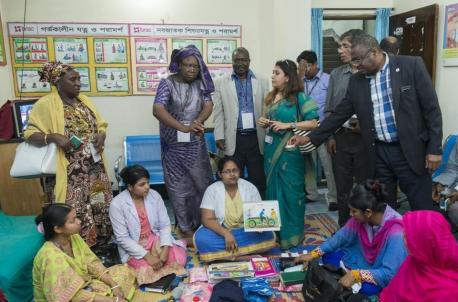
January 20, 2016 -
Improving Population Health Outcomes in Africa’s Sahel Region
Many Sahel countries in Africa are expected to nearly double their population by 2030 due to high fertility rates.
Read More
Knowledge-providing Countries:
Knowledge-receiving Countries:
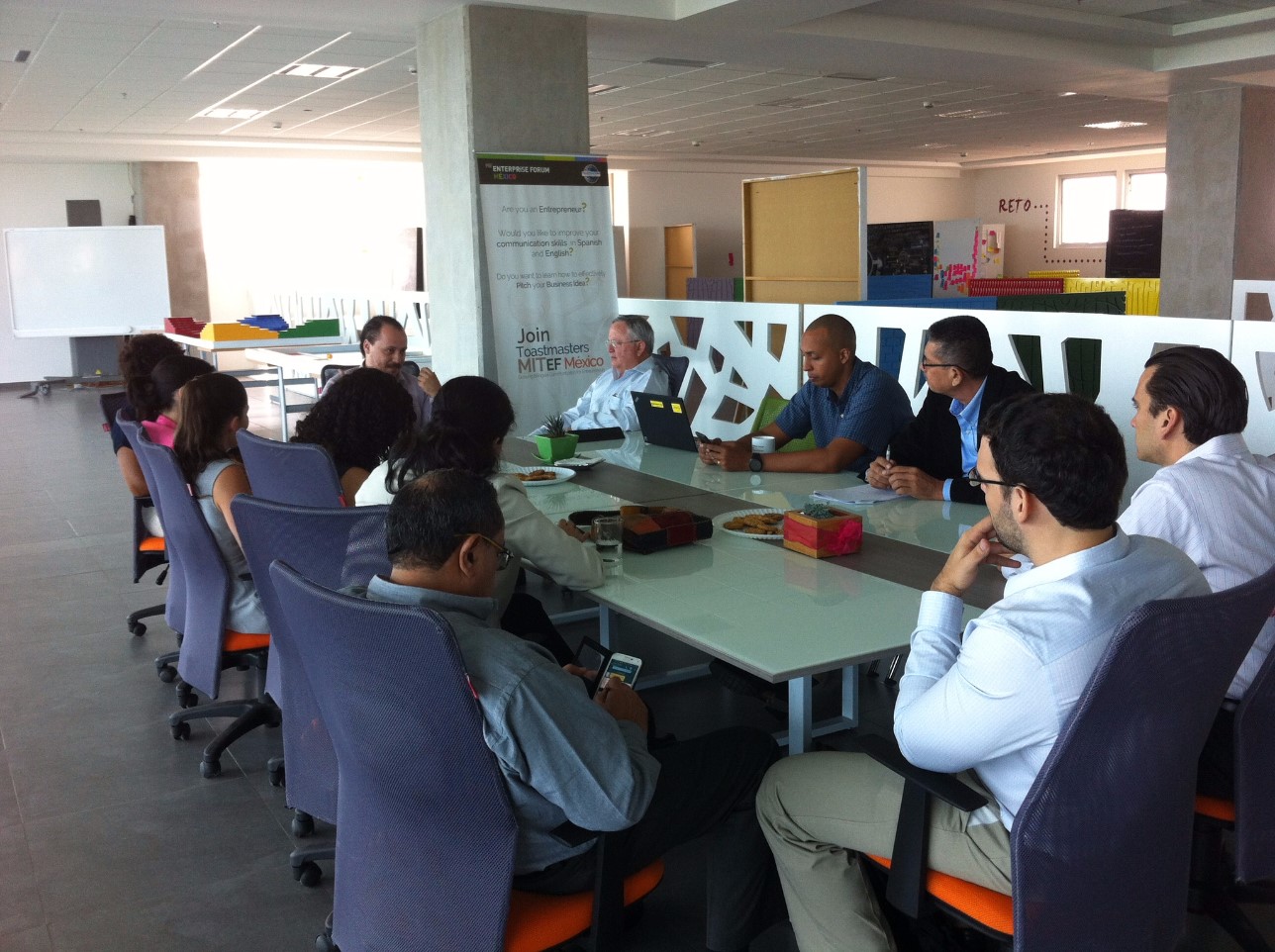
September 09, 2015 -
Boosting the Information Technology and Information Technology-Enabled Services (IT-ITES) Sector in Nicaragua
Through this grant, Nicaraguan participants have increased their capacity and skills for designing and implementing policies to develop the IT-ITES sector, and as an ultimate objective, to implement one of the pillars of the National Development Plan. The exchange helped strengthen the collaboration between government, academia and private sector
Read More
Knowledge-receiving Countries:
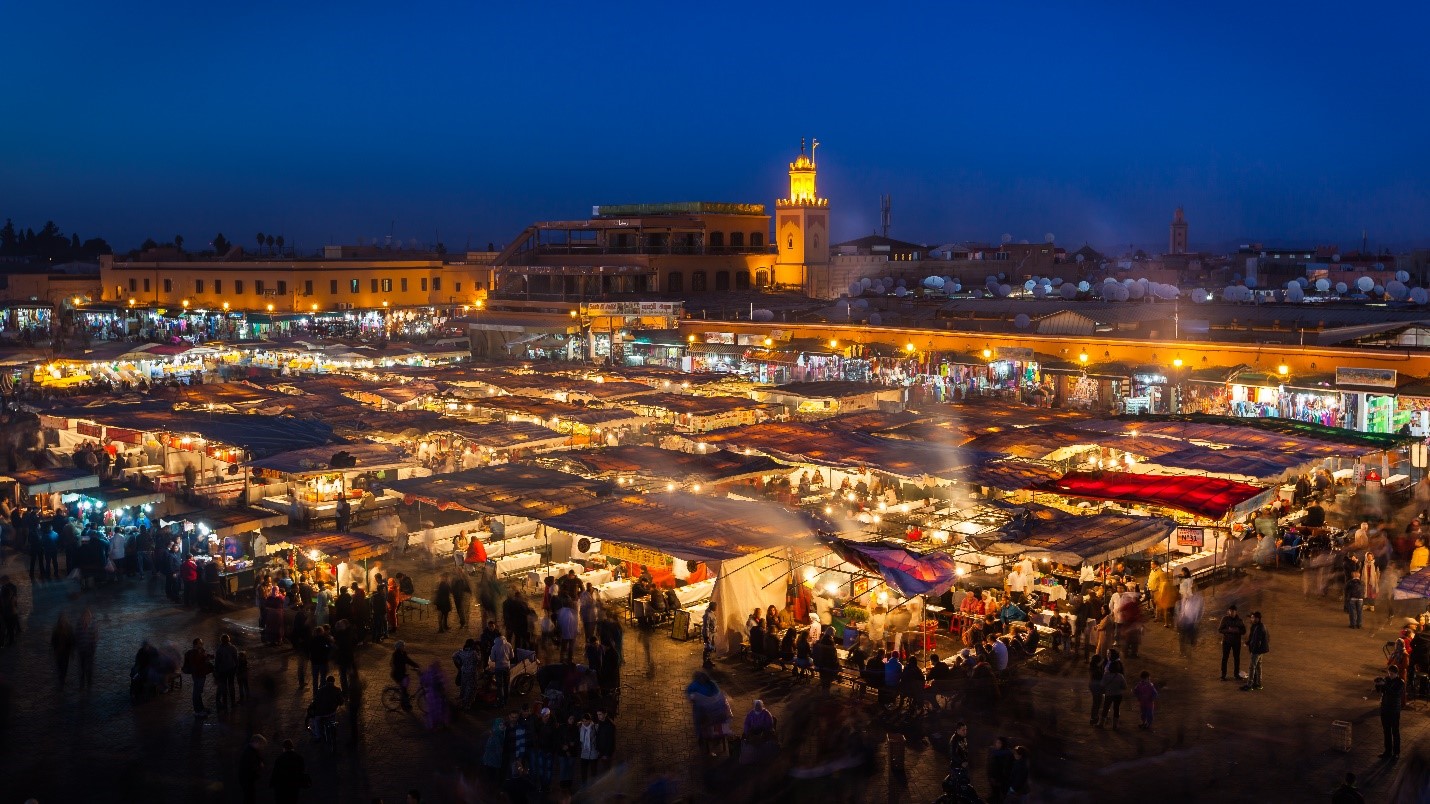
February 01, 2016 -
Operationalizing Energy Efficiency in Morocco
Energy consumption is forecast to triple in Morocco as a result of its economic growth and fast urbanization. Especially given its very high reliance on imported energy, the Government of Morocco (GoM) has set ambitious goals to increase energy efficiency.
Read More
Knowledge-providing Countries:
Knowledge-receiving Countries:
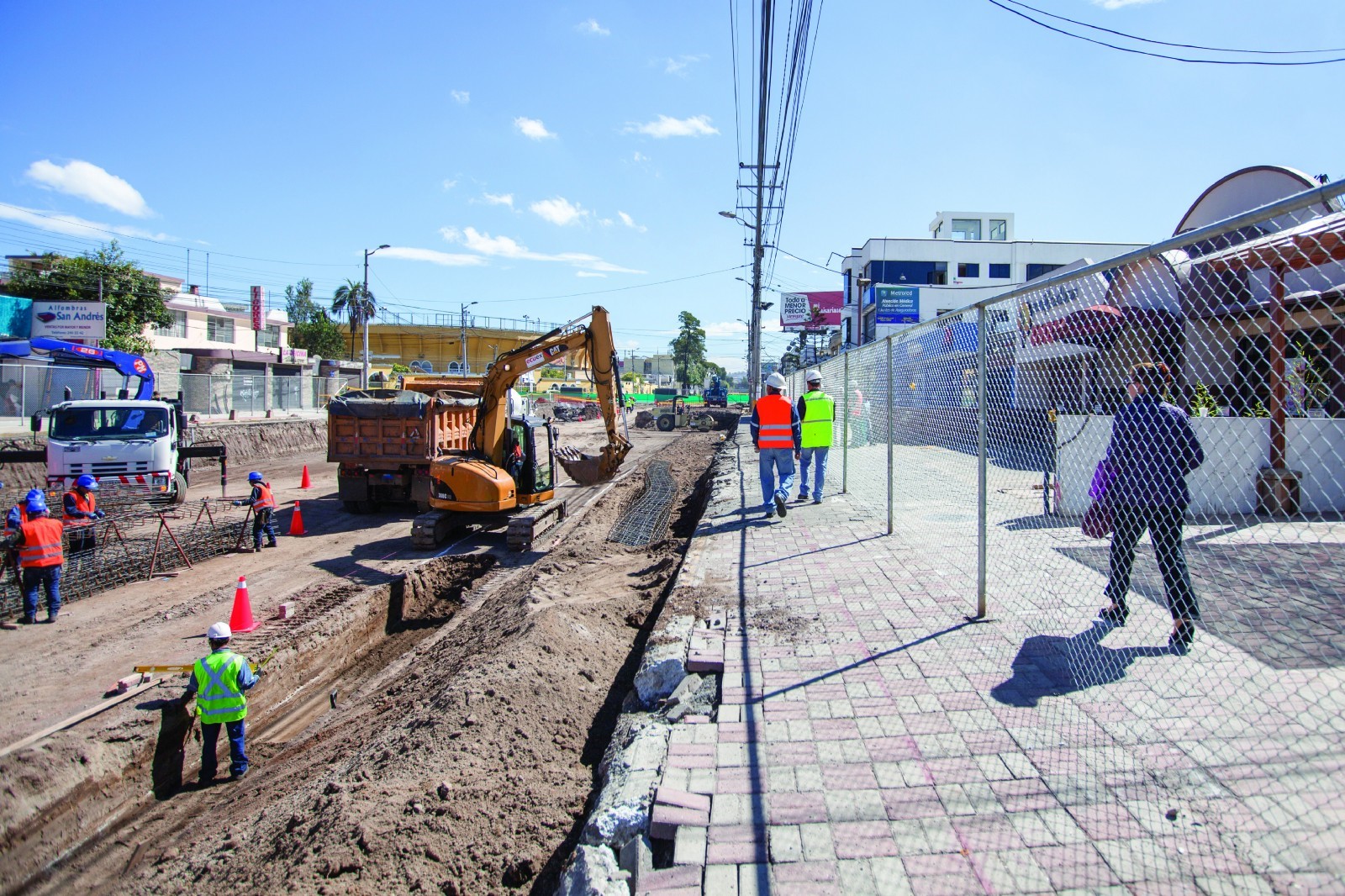
June 08, 2015 -
Integration of transport and urban planning exchange
The growing and suburbanizing Municipality of the Metropolitan District of Quito (MDMQ), Ecuador needs to improve its transportation systems to keep pace with demand and give poor and vulnerable groups better access to social and economic opportunities.
Read More
Knowledge-receiving Countries:
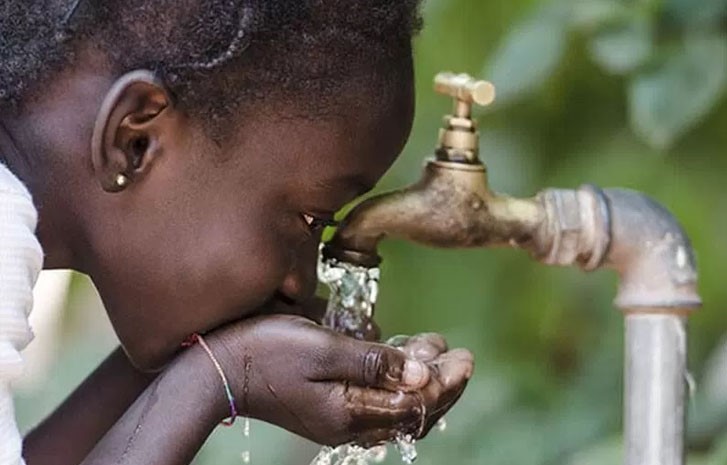
October 15, 2015 -
Strengthening the Water Sector Reform Process in Nigeria
The World Bank has been supporting improvements to the Nigerian water sector since 2004. Its Country Partnership Strategy (CPS) for fiscal year 2014 to 2017 identified improved access to water supply as central to improvement of health in Nigeria.
Read More
Knowledge-receiving Countries:
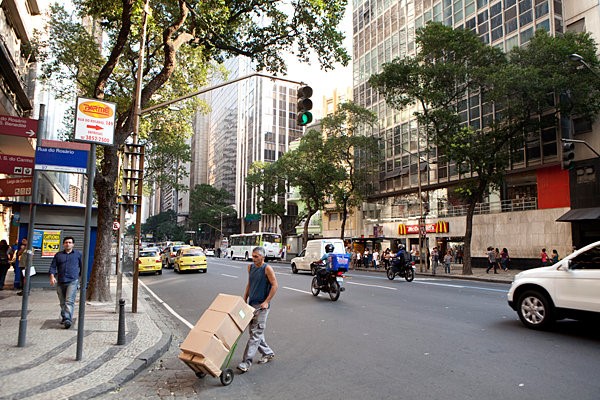
January 01, 2016 -
Strengthening the Public Internal Control System and the Internal Audit Function in Brazil
The economic recession in 2015 in Brazil was exacerbated by a weak public sector internal control system (PIC), which was not strong enough to curb corruption. Brazil, whose democratic constitution stemmed only from 1988, needed to learn to how to approach strengthening PIC.
Read More
Knowledge-receiving Countries:
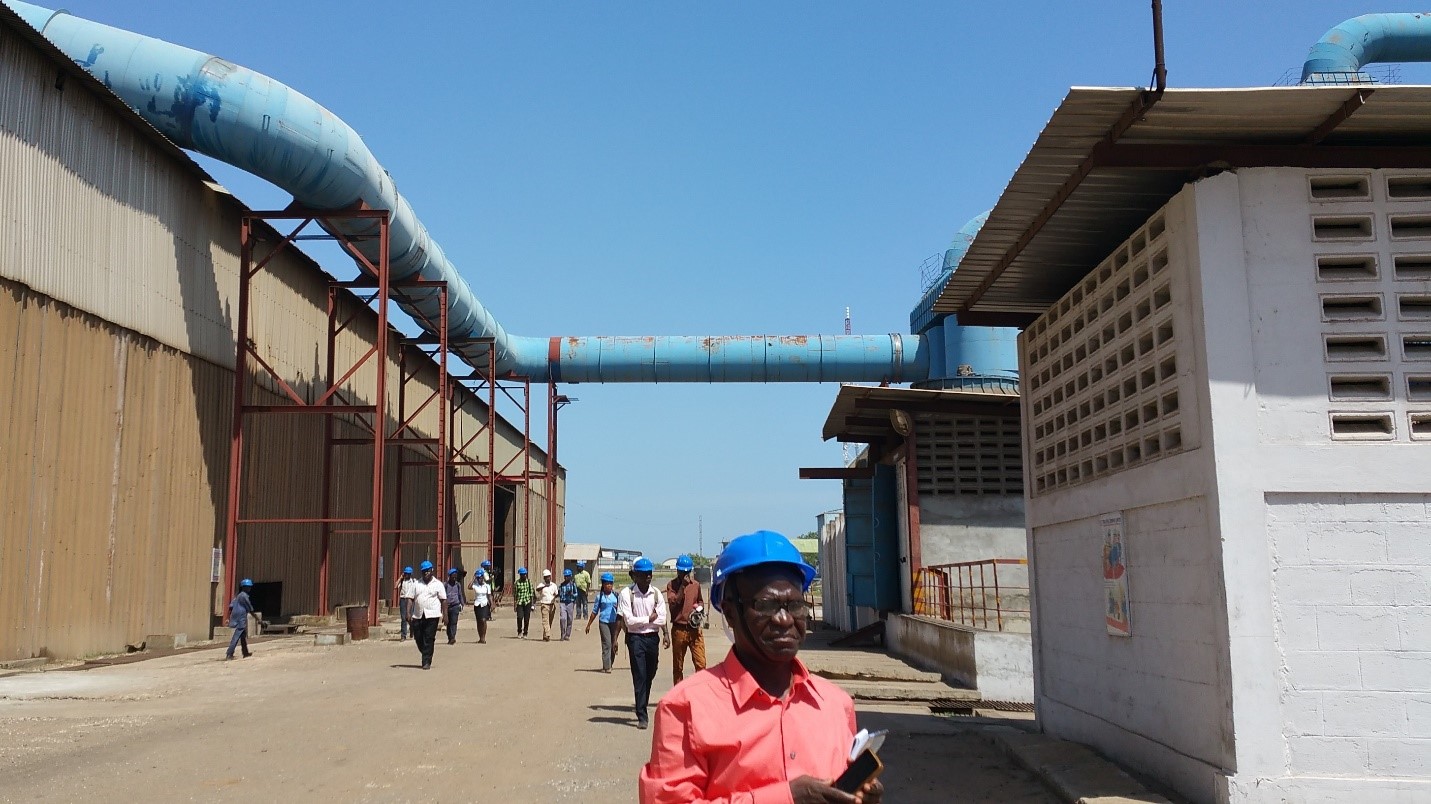
April 29, 2015 -
Environmental Regulation in India’s Odisha State
In 1995, with technical assistance from the World Bank, Indonesia introduced its Program for Pollution Control Evaluation and Rating (PROPER), the first such environmental rating and disclosure (ERD) initiative in the developing world.
Read More
Knowledge-receiving Countries:
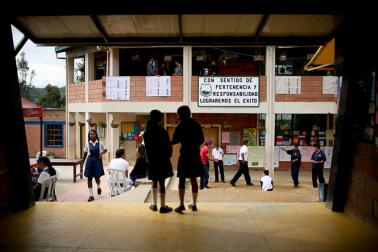
November 02, 2015 -
Improving the Public Investment Management System in Honduras
The Honduran Government has been working to develop capacity to effectively monitor public policy results and improve public spending effectiveness in a tight fiscal context. In this effort, it has moved toward consolidating reforms in key areas such as public financial management.
Read More
Knowledge-receiving Countries:
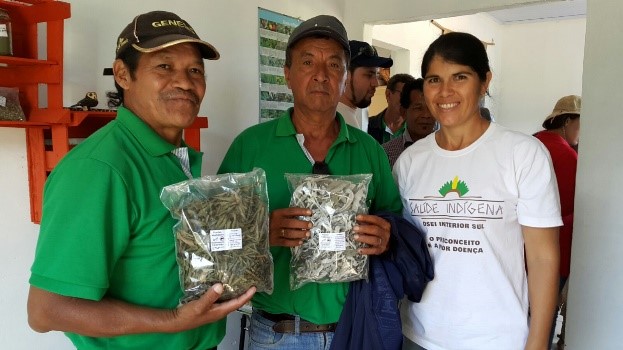
June 01, 2015 -
Access to Markets and Value Chains for Indigenous People in Paraguay
The Government of Paraguay’s (GoP) National Development Plan (NDP) 2014-2030 focuses on eliminating extreme poverty. NDP includes the flagship program Sembrando Oportunidades (Sowing Opportunities) which seeks to increase income and access to social services for families living in situations of vulnerability.
Read More
Knowledge-providing Countries:
Knowledge-receiving Countries:
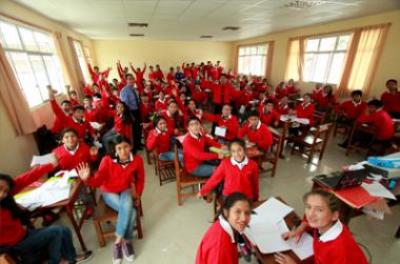
March 02, 2015 -
Improving Teacher Quality in Moldova
When Moldova decided to reform the quality of its teaching force as part of measures to address poor student learning results, it wanted to learn from other countries that have successfully dealt with a similar situation.
Read More
Knowledge-receiving Countries:

December 01, 2015 -
Decentralization and Local Government Development Exchange between Tunisia and Turkey
The Government of Tunisia sought to move forward its decentralization agenda in response to citizens’ demands for more accountable, effective, and efficient government.
Read More
Knowledge-providing Countries:
Knowledge-receiving Countries:
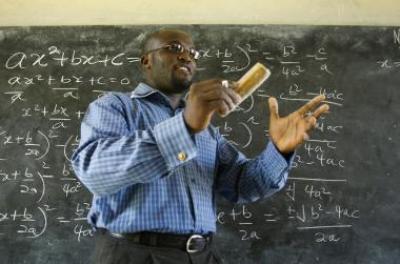
December 01, 2014 -
Jamaica Learns from Malaysia to Develop Education Leaders
When Jamaica needed to reform how it built capacity for different levels of leadership in delivering education services, it turned to Malaysia. Specifically, Jamaica was interested in how to design and implement competency-based leadership development to increase the effectiveness of its education system leaders.
Read More
Knowledge-providing Countries:
Knowledge-receiving Countries:
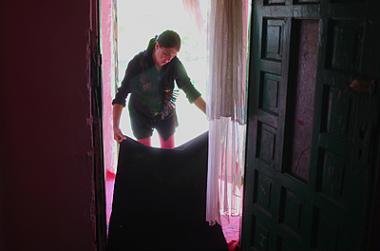
December 15, 2014 -
Improving Energy Efficiency in Moldova
Moldova is highly dependent on energy import, which carries risks in the form of possible disruptions in the supply of energy and negative effects on the country's account balances. Like many other republics of the former Soviet Union, Moldova has suffered from an outdated and deteriorating infrastructure.
Read More
Knowledge-providing Countries:
Knowledge-receiving Countries:

May 08, 2015 -
Promoting Accountable and Inclusive Institutions in Paraguay: Learning from Access to Information in Brazil, Chile and Uruguay
With Paraguay’s Access to Information (ATI) Law recently approved, coordination of its implementation fell under the responsibility of the ATI Directorate of Paraguay. In order to address capacity gaps, this knowledge exchange with agencies from Brazil, Chile and Uruguay enabled the ATI Directorate to learn good practices.
Read More
Knowledge-receiving Countries:
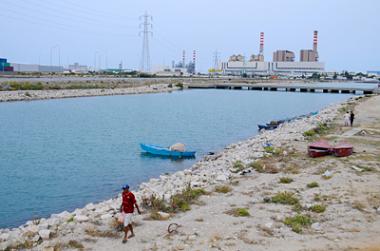
March 13, 2015 -
Leveraging Knowledge Exchange to Improve Water Utility Performance
The national water utility in Djibouti faced significant challenges with insufficient human capacity, degraded infrastructure, and out-of-date operations.
Read More
Knowledge-providing Countries:
Knowledge-receiving Countries:
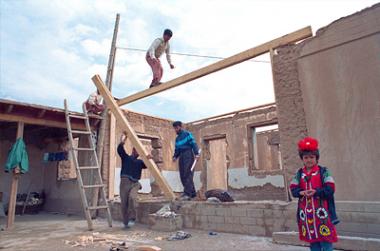
August 01, 2014 -
Strengthening Municipal Financing Mechanisms in Tajikistan
Following its independence in 1991, Tajikistan went through a devastating, six-year-long civil war, which left the country financially strained.
Read More
Knowledge-providing Countries:
Knowledge-receiving Countries:
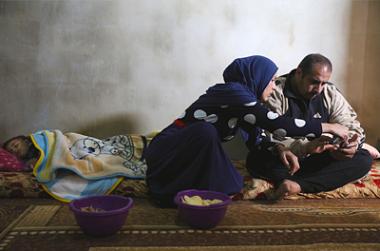
March 27, 2015 -
Innovation and Entrepreneurship Capacity Building to Support Mobile Internet Ecosystem in Lebanon
The Government of Lebanon faced a dire environment of unemployment amidst migration of it growing, educated workforce.
Read More
Knowledge-providing Countries:
Knowledge-receiving Countries:

May 28, 2015 -
Piloting and Scaling-up Grievance Redress Mechanisms in Social Safety Net Projects in Egypt and the West Bank and Gaza
As project teams in Egypt and the West Bank and Gaza prepared to embark on piloting and subsequent scaling up of grievance redress mechanisms (GRMs) in their social safety net projects, this knowledge exchange with the Philippines was designed to enhance the skills of grievance officers and the complaint handling units of each participating mini
Read More
Knowledge-providing Countries:
Knowledge-receiving Countries:
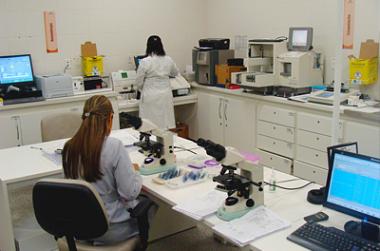
September 22, 2014 -
South-South Exchange to Improve the Management of Health Technologies in the Public Health System
The Governments of El Salvador and Nicaragua faced a mutual challenge on how best to protect recent investments in new and sophisticated medical equipment.
Read More
Knowledge-providing Countries:
Knowledge-receiving Countries:
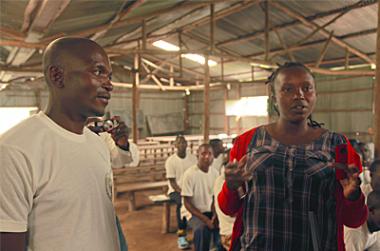
September 04, 2014 -
Somalia’s National Programme for Disengaged Combatants Learns from Rwanda’s Experience
To bolster efforts in implementing the National Programme for Disengaged Combatants in Somalia, the World Bank initiated a “Knowledge and Experience Exchange Study Tour” that enabled a delegation from the Federal Ministry of Interior and National Security, African Union Mission in Somalia (AMISOM), and
Read More
Knowledge-providing Countries:
Knowledge-receiving Countries:
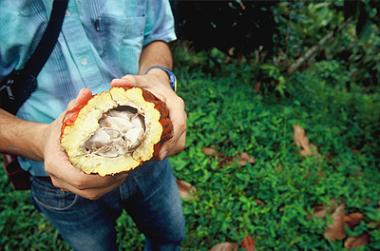
December 02, 2014 -
Environmental Sustainable Cacao Production for Small-Scale IP and Afro-Decedents Farmers in Honduras
In Honduras, small cacao farmers were not equipped to enter a more competitive international market. These farmers traditionally had limited access to technical assistance, training, financial support, and other extension services.
Read More
Knowledge-providing Countries:
Knowledge-receiving Countries:
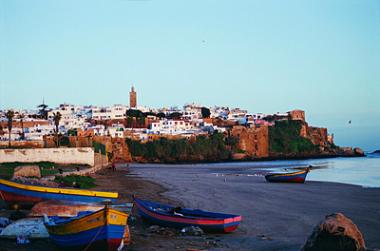
July 01, 2014 -
Creating Jobs through Protecting Morocco’s Coastline
Morocco sought to learn from India’s success in dealing with coastal zone overexploitation to help address sustainable management of its coastal resources for rapid and sustainable growth, improved governance, poverty eradication, and better social conditions to benefit smallholder farmers and fishermen as well as private sector
Read More
Knowledge-providing Countries:
Knowledge-receiving Countries:
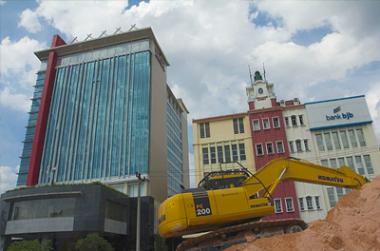
April 30, 2014 -
Meeting Indonesia’s Urban Development Challenge: South-South Exchange on National Urban Programs
The Government of Indonesia was seeking options for local government infrastructural development in its growing urban areas as means to support its urban development agenda and implementation of decentralization.
Read More
Knowledge-providing Countries:
Knowledge-receiving Countries:
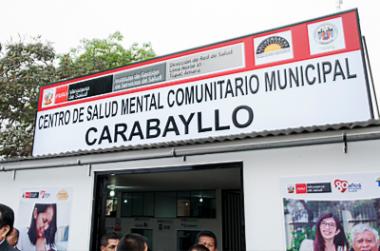
December 01, 2014 -
Strengthening Service Delivery by State-Owned Enterprises in Paraguay
Paraguay undertook an exchange program with Chile and Peru to enhance the knowledge and skills of its decision-makers and technical staff to serve as input to develop an efficient state-owned enterprises (SOE) oversight system.
Read More
Knowledge-receiving Countries:
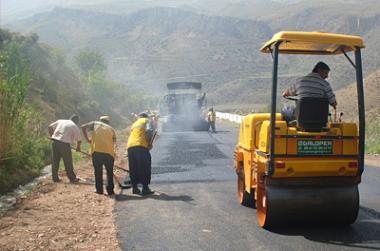
May 26, 2014 -
Routine Maintenance of Rural Roads through the Concept of Microenterprises: Experience of Peru and Bolivia and its Applicability to Armenia
The Government of Armenia sought to develop a means of maintaining its roads system to assure sustained access of its rural communities to markets and services. In 2008, it launched the Lifeline Road Network Development Program to stimulate economic growth and contribute to poverty reduction by improving a selected network of lifeline roads.
Read More
Knowledge-receiving Countries:
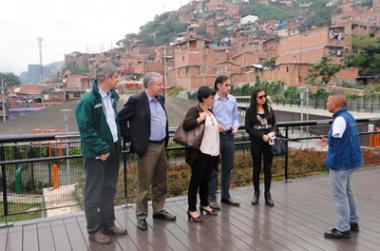
January 17, 2014 -
Building Efficient Municipal Enterprises for Better Delivery of Basic Public Services in Quito, Ecuador
The commitment of the Metropolitan Municipality of Quito (MMQ) to provide access to adequate sustainable public services has been undermined by its inefficient and financially dependent enterprises.
Read More
Knowledge-providing Countries:
Knowledge-receiving Countries:
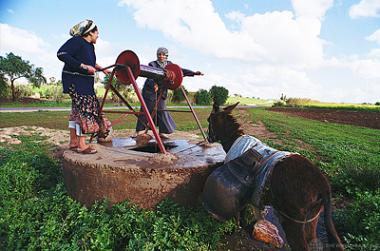
May 12, 2014 -
Knowledge and Experience Exchange on Integrated Water Resources Management Aspects between China and Morocco
To develop innovative and successful methods to address increasing water scarcity and over-exploitation of fresh and groundwater supplies affecting its agricultural industry, the Government of Morocco participated in an exchange visit to China.
Read More
Knowledge-providing Countries:
Knowledge-receiving Countries:
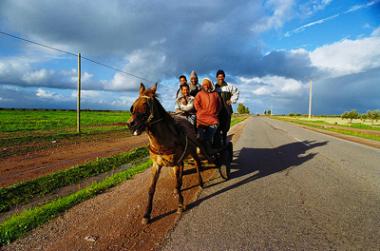
April 20, 2014 -
Improving Road Maintenance in Morocco
Morocco has set an ambitious goal for road improvement in its Road Strategy for 2015-2035: raise the proportion of roads in adequate condition from the current 54 percent to 80 percent by 2035.
Read More
Knowledge-receiving Countries:
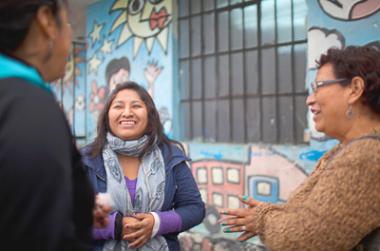
November 26, 2014 -
Integrating Geo-referenced Information Systems in Bolivia’s National Planning
Obsolete and separated information systems have afflicted planning and public investment in Bolivia.
Read More
Knowledge-receiving Countries:
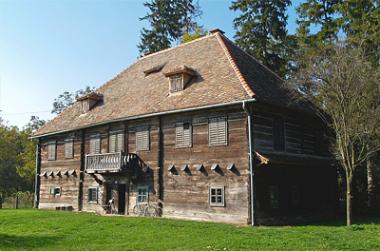
June 08, 2014 -
Accelerating Economic Development through Improved Land Administration in Nicaragua
Strong property rights crucial Uncertainty over land tenure can have several negative consequences.
Read More
Knowledge-providing Countries:
Knowledge-receiving Countries:
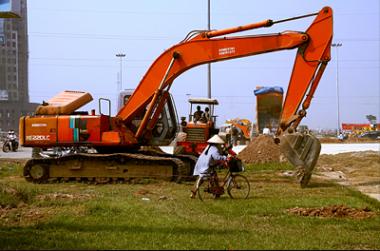
October 30, 2014 -
Knowledge Sharing and Experience Exchange on the Optimal Utilization and Management of External Financing for Development
In 1995, with technical assistance from the World Bank, Indonesia introduced its Program for Pollution Control Evaluation and Rating (PROPER), the first such environmental rating and disclosure (ERD) initiative in the developing world.
Read More
Knowledge-receiving Countries:
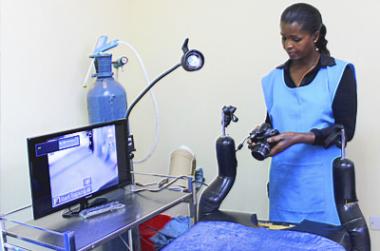
February 25, 2014 -
Strategies for Tackling Non-Communicable Diseases in Africa: The Case of Cancer Care and Control
The Cancer Care and Control South-South Knowledge Exchange brought together stakeholders from five countries in Africa — Botswana, Kenya, Rwanda, Uganda and Zambia — to share experiences, lessons, and good practices. All five countries have initiated various programs to tackle the growing burden of cancer and have much to learn from each other.
Read More
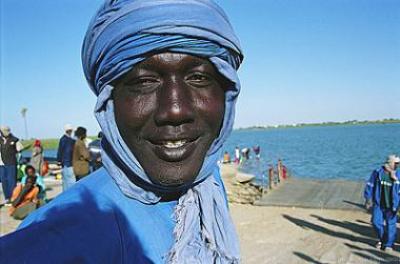
December 02, 2014 -
Building Capacity to Develop Mauritania’s Livestock Value Chain
In order to establish a red meat export initiative to fulfill its potential to be one of the top livestock industries, the Government of Mauritania learned from Zambia’s experience. Lessons from the study tour resulted in policy changes; some were integrated into a feasibility study.
Read More
Knowledge-providing Countries:
Knowledge-receiving Countries:
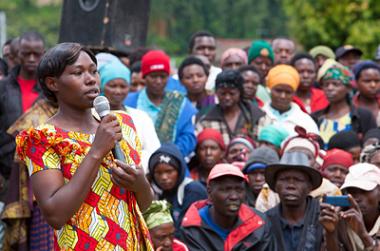
June 07, 2014 -
Djibouti South-South Development Exchange Roundtable
The Government of Djibouti recognized the need for a diversified path to economic and social growth that encompassed combatting poverty and enabling a dynamic private sector. Toward this goal it developed its long-term growth strategy, “Djibouti Vision 2035”, and engaged in a knowledge exchange with Cape Verde, Dubai, and Mauritius.
Read More
Knowledge-providing Countries:
Knowledge-receiving Countries:
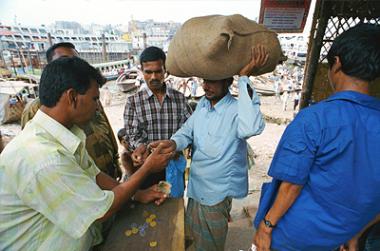
August 15, 2014 -
Increasing Tax Revenues and Transparency in Bangladesh
Tax reforms are demanding :Taxes are known for being one of “life’s certainties” but yet a difficult subject that generally raises strong views and negative sentiments.
Read More
Knowledge-providing Countries:
Knowledge-receiving Countries:

October 01, 2013 -
Helping Adolescent Girls Succeed in Rwanda: A Knowledge Exchange between the Adolescent Girls Initiatives in Rwanda and Liberia
The Government of Rwandawanted to improve employment, incomes, and empowerment of disadvantaged young women through improved access to educational and entrepreneurial opportunities. It lacked the capacity to formulate and coordinate appropriate policy and training to achieve these goals.
Read More
Knowledge-providing Countries:
Knowledge-receiving Countries:

June 13, 2014 -
Improving Performance Audit Capacity in Indonesia: Toward a More Effective and Efficient Government
Indonesia sought to improve performance audit capacity of its Supreme Audit Institution (BPK) by sharpening staff skills, revamping training modules, and building relationships with more developed auditing institutions.
Read More
Knowledge-providing Countries:
Knowledge-receiving Countries:
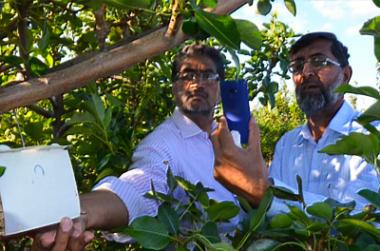
August 05, 2013 -
Reshaping Pakistan’s Agricultural Innovation Systems and Research: Learning from the Experience of EMBRAPA Brazil
The Government of Pakistan initiated a reform process for the country’s agriculture research system.
Read More
Knowledge-providing Countries:
Knowledge-receiving Countries:
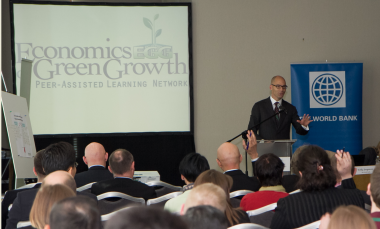
April 23, 2014 -
Improving Solid Waste Management for Greener Growth in Romania
To improve solid waste management and reduce harmful emissions and their negative impacts on the environment, the Government of Romania participated in an exchange with Turkey.
Read More
Knowledge-providing Countries:
Knowledge-receiving Countries:
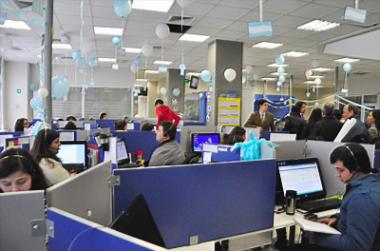
May 19, 2014 -
Establishing e-Government Procurement in Vietnam: A Learning Tour with Chile on the Public-Private Partnership Process
The Government of Vietnam wanted to establish e-government procurement (eGP) using a public-private partnership (PPP) model to improve government transparency. However, Vietnam lacked the know-how for contracting with service providers who could install the e-system.
Read More
Knowledge-providing Countries:
Knowledge-receiving Countries:

 China
China Colombia
Colombia Denmark
Denmark India
India Indonesia
Indonesia Mexico
Mexico Russian Federation
Russian Federation Spain
Spain United Kingdom
United Kingdom